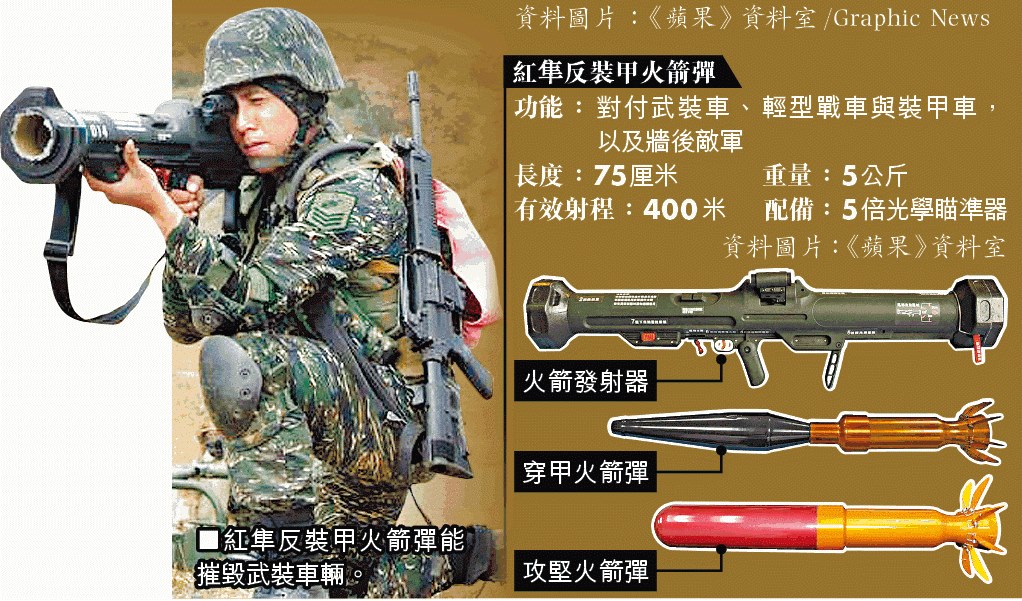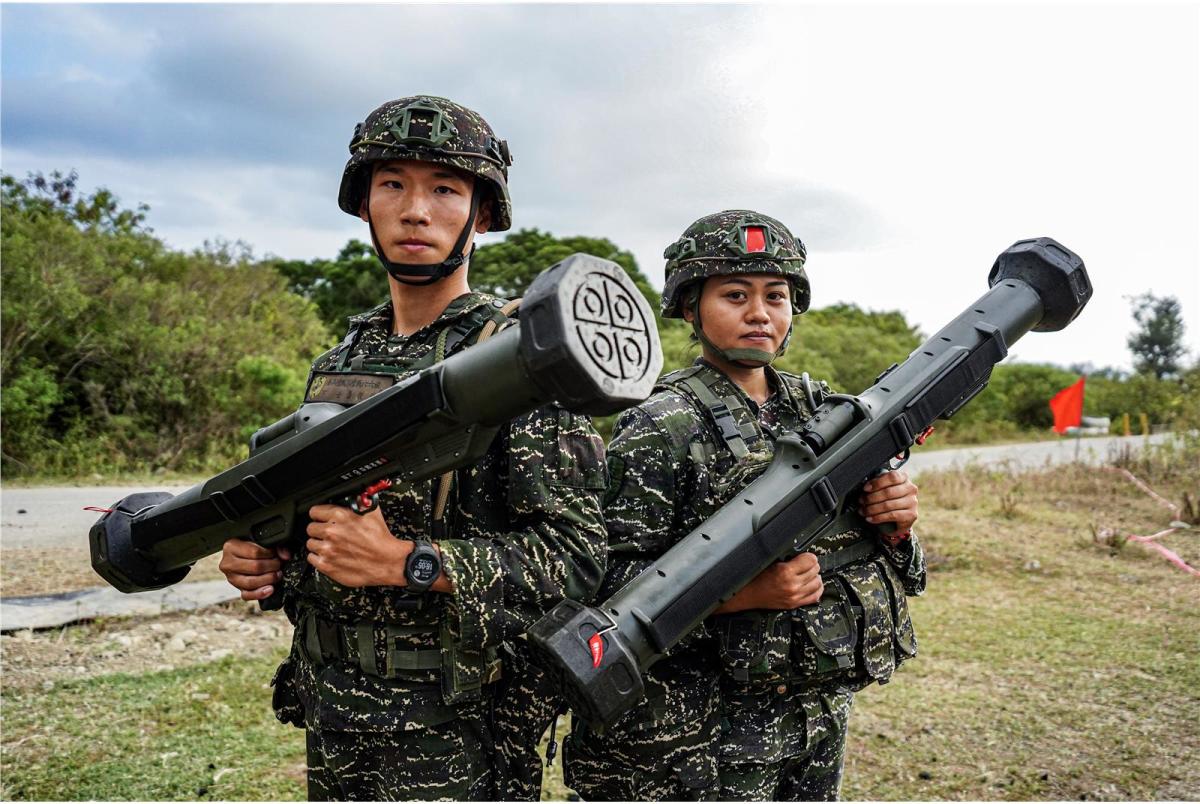Taiwan orders large batch of Kestrel rocket launchers
6 November, 2023 Kestrel anti-tank grenade launcher. Photo from the network Taiwan's Ministry of Defense has placed an order to purchase over 10,000 Kestrel rocket launchers.
TV channel SET iNews reported about this. The order is for the Taiwanese Armed Forces to purchase 10,962 Kestrel rocket launchers as part of the infantry's anti-tank capabilities. This contract is part of the country's overall plan to order rocket launchers of this type from CSIST.
The weapons should be actively used by both officers and conscripts to improve their skills with rocket launchers. The mass of the rocket launcher is 5 kilograms, the maximum effective range is up to 400 meters, and the maximum range is 1200 meters.
The rocket launcher is designed as a disposable weapon and is produced in two versions: an anti-tank version with a HEAT warhead and a version with a High Explosive Squash Head warhead against lightly armored targets, fortifications and manpower. The effective range is 400m with HEAT warhead rocket. The cost of one rocket launcher is £3,100, which makes it a cheap anti-tank weapon and allows for mass production.
 The Kestrel rocket launcher, and variants of rockets for it.
The Kestrel rocket launcher, and variants of rockets for it.
Photo from the network
Currently, Kestrel grenade launchers are used by the Taiwanese Coast Guard, Marine Corps, military police and ground forces. The Land Forces Command placed its first large order in 2022, for the production of 5,000 rocket launchers. In August of this year, the CSIST armaments bureau received a new order for the production of 5,962 rocket launchers.
The orders are due to be completed in July 2025.
 Taiwanese army soldiers with a Kestrel grenade launcher. Photo credits: Yahoo News
Taiwanese army soldiers with a Kestrel grenade launcher. Photo credits: Yahoo News
As Militarnyi previously reported, due to the threat from mainland China, Taiwanese companies are ready to switch to weapons production and cooperate with foreign companies in this niche. For example, a representative of the company Hwameeimake is looking to change its direction to produce ballistic protective goggles and goggles for divers of the Taiwanese Navy.
The government responds positively to the desire of private companies to support the country's defense capabilities and meets them halfway.
First of all, the country is relaxing the strict rules for purchasing foreign equipment for production.
Currently, Taiwan spends tens of billions of dollars annually to purchase weapons from the United States, but this approach leaves local businesses behind.